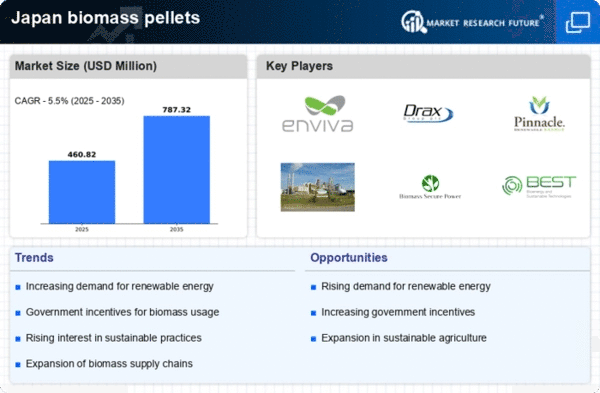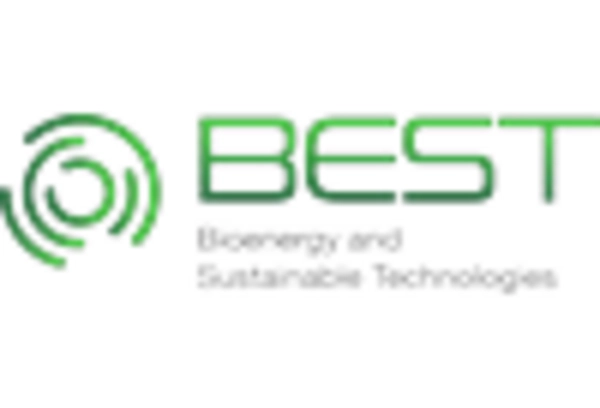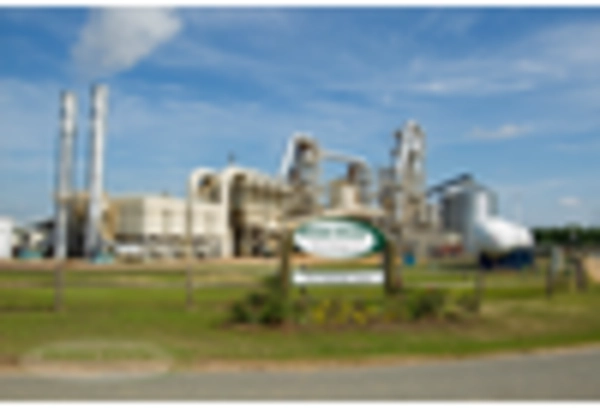The biomass pellets market in Japan is characterized by a competitive landscape that is increasingly shaped by sustainability initiatives and technological advancements. Key players are actively pursuing strategies that emphasize innovation, regional expansion, and partnerships to enhance their market presence. Companies such as Enviva (US) and Drax Group (GB) are at the forefront, focusing on sustainable sourcing and production methods, which not only align with global environmental goals but also cater to the growing demand for renewable energy sources in Japan. Their operational focus on enhancing supply chain efficiencies and reducing carbon footprints appears to be a significant driver of competitive dynamics within the market.In terms of business tactics, localizing manufacturing and optimizing supply chains are critical strategies employed by these companies. The market structure is moderately fragmented, with several players vying for market share, yet the influence of major companies remains substantial. This competitive environment encourages innovation and collaboration, as firms seek to differentiate themselves through unique value propositions and sustainable practices.
In October Drax Group (GB) announced a strategic partnership with a Japanese energy firm to enhance biomass supply chains in the region. This collaboration is poised to streamline operations and improve access to sustainable biomass sources, thereby reinforcing Drax's commitment to sustainability and regional market penetration. Such partnerships are indicative of a broader trend where companies leverage local expertise to navigate regulatory landscapes and consumer preferences effectively.
In September Enviva (US) launched a new initiative aimed at increasing the production capacity of its biomass pellets in Japan. This expansion is expected to bolster their market position significantly, allowing them to meet the rising demand for renewable energy. The strategic importance of this move lies in Enviva's ability to enhance its supply chain resilience while contributing to Japan's energy transition goals.
In August Pinnacle Renewable Energy (CA) unveiled a digital transformation strategy focused on integrating AI technologies into its production processes. This initiative aims to optimize operational efficiencies and reduce costs, positioning Pinnacle as a leader in innovation within the biomass sector. The adoption of advanced technologies reflects a growing trend among competitors to leverage digital tools for enhanced productivity and sustainability.
As of November the competitive trends in the biomass pellets market are increasingly defined by digitalization, sustainability, and strategic alliances. Companies are shifting from traditional price-based competition to a focus on innovation and technology integration. This evolution suggests that future competitive differentiation will hinge on the ability to deliver reliable supply chains and sustainable solutions, ultimately shaping the market landscape in the years to come.
















